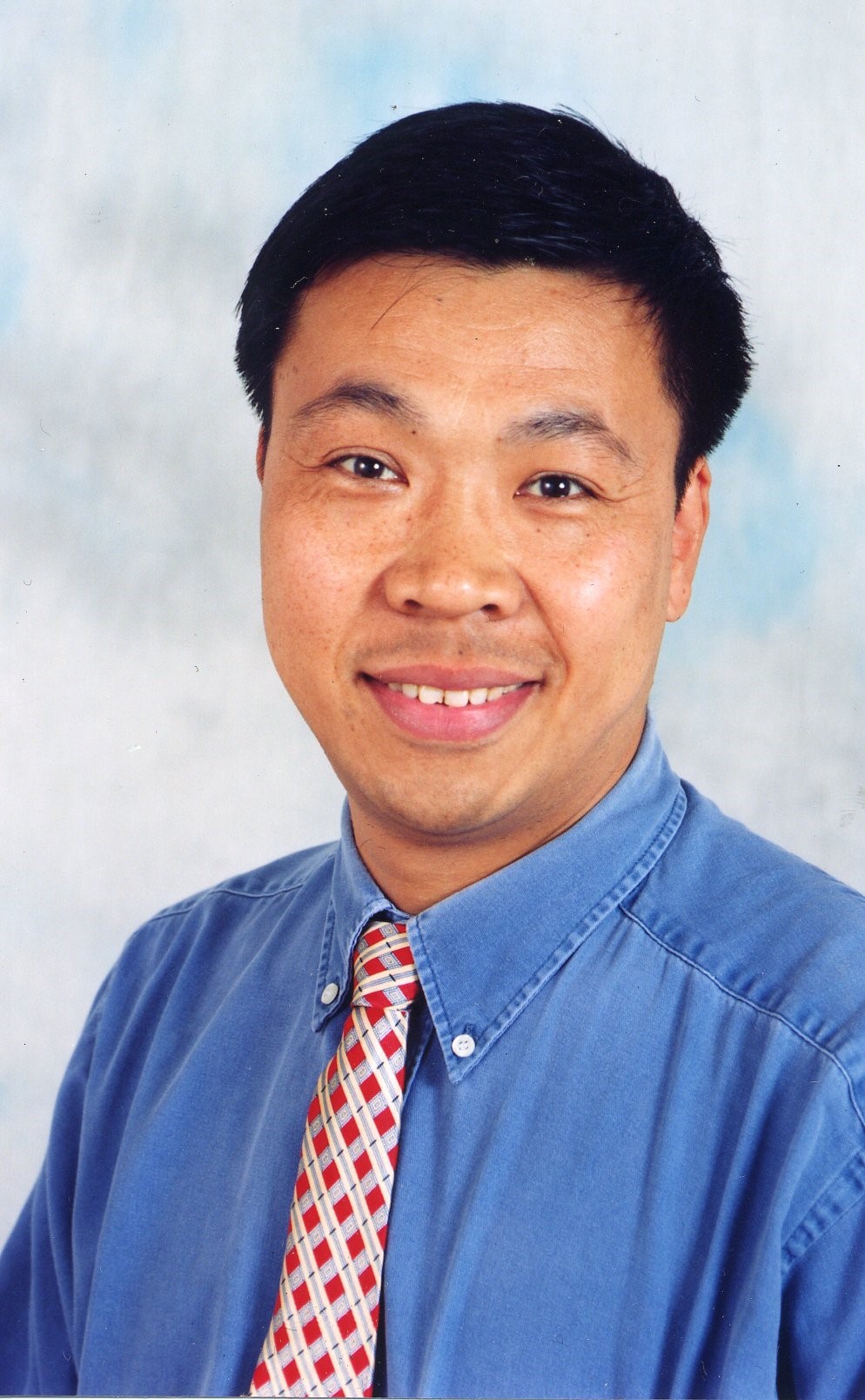
| Prof. George LoukasHead, Centre for Sustainable Cyber Security, University of Greenwich, U.K.Brief Introduction: George Loukas is a Professor of Cyber Security with particular interest in human-centric, applied and data-driven cyber security applications in cyber-physical environments. His research has been supported by the Engineering and Physical Sciences Research Council (EPSRC), the European Commission, UK Research and Innovation (UKRI), the UK National Cyber Security Centre (NCSC), the UK Ministry of Defence and the British Council. Some highlights include the coordination of project EUNOMIA which developed the first social media platform that helps users tell the trustworthiness of what they share through it, and project CHAI which developed the first mechanism assisting users in telling whether their smart home AI has been compromised. Professor Loukas has a PhD in Network Security from Imperial College. He is on the editorial board of IEEE Transactions on Information Forensics and Security. He has previously been on the editorial board of BCS's The Computer Journal and Elsevier's Simulation Modelling Practice and Theory, as well as founding member of the IEEE working group on Internet of Things and Cultural Heritage. His 2015 book on cyber-physical attacks has been adopted in the curricula of universities internationally and was included in ACM’s top 10 of computing Milieux books and articles published that year. Title: Involving the Human in Distributed Cyber Defence in the Age of AI Abstract: As AI and automation reshape the cyber security landscape, the human role is being redefined. This talk explores the paradox of automation and the need to keep people meaningfully involved, perhaps more so than in the past. It refers back to the original Human-as-a-Sensor concept, where human perception and context enhance cyber situational awareness, and examines to what extent and how the concept has evolved in the age of AI. Drawing on a variety of research projects and applications in semantic social engineering attacks, deepfakes, smart home AI attacks, social media disinformation and cyber crime investigations, it discusses whether the human has a role and where. Finally, it looks forward to a future of anticipatory, human-involved distributed cyber defence. |
Prof. Georgios DafoulasMiddlesex University, U.K.Brief Introduction: Dr Georgios (George) Dafoulas is a Professor of Information Systems and Business Computing in the Faculty of Science and Technology at Middlesex University. He has led more than twenty externally funded projects and participated in many more as a co-investigator. He has been successful in attracting funding at national and international levels and managing projects in roles including principal investigator, project manager, and work package coordinator. Dr Dafoulas has collaborated with a wide range of funding bodies, including EU programmes (frameworks, Erasmus+, Capacity Building in Higher Education, Tempus, Socrates, Minerva), the British Council, JISC, the US’s NSF, AUNP, ERDF, EPSRC, ESRC, and the DTI. His published works comprise six books and learning guides, as well as more than 150 research papers in refereed journals and peer-reviewed international conferences—primarily focusing on information systems, computer-supported cooperative work, e-learning, educational technologies, and human issues in software engineering. He is well recognized for his expertise in the applications of digital technology in education and business, while his research on innovation, creativity, and entrepreneurship has pioneered knowledge transfer initiatives across more than twenty countries. Dr Dafoulas’s industry collaborations span multiple sectors, with long-standing activities involving partners such as BT and IBM. He is regularly invited to deliver keynote speeches and participate in expert panels and plenary sessions. Additionally, he frequently serves on editorial boards, journal reviewing committees, and organizing/programme committees for international conferences. Title: The Role of Information in Disruptive Innovation in Education Abstract: We live in a data-driven society, where information systems are integral to most daily operations. The 4th Industrial Revolution has changed the way we view the role of information with digital technologies producing huge volumes of data from browsing patterns and user behaviour to social media content and biometric data. The disruptive innovation triggered by IR4.0 have transformed the education sector into what we commonly refer to as Education 4.0. A new paradigm has emerged with data having a key role in both design and delivery of learning. Information fuels disruption in education by enabling personalised learning, enhancing flexible learning processes, supporting adaptive learning to meet individual needs, fostering experiential learning, and creating opportunities for interaction and engagement in immersive learning environments. The keynote will cover a series of use cases from the TIME-CUBE, the innovation and entrepreneurship incubator supporting Technology Enhanced Learning at Middlesex University. Emphasis will be given on the data created, analysed, and visualised when using our own as well as off the shelf Internet of Things (IoT) sensors, Augmented and Virtual Reality training environment in public speaking, adaptive content management systems as well as emption detection and eye tracking technology. The keynote will also emphasise the importance of profiling for learners, as the means to perform accurate forecasting of learning patterns and user behaviour when interacting with virtual learning environments. |
|
| Prof. Jixin MaUniversity of Greenwich, U.K.Brief Introduction: Dr Jixin Ma is a Full Professor of Computer Science in the School of Computing and Mathematical Sciences at University of Greenwich, U.K. He has been the Director of the Centre for Computer and Computational Science and is the Director of the School’s PhD/MPhil Programme. Professor Ma is also a Visiting Professor of Beijing Normal University, Hainan University, Anhui University, Zhengzhou Light Industrial University and Macau City University. Professor Ma obtained his BSc and MSc of Mathematics in 1982 and 1988, respectively, and PhD of Computer Sciences in 1994. His main research areas include Artificial Intelligence, Data Science, and Information Systems, with special interests in Temporal Logic, Information Security, Machine Learning, Case-Based Reasoning and Pattern Recognition. Professor Ma has been a member British Computer Society, American Association of Artificial Intelligence, ICIS/IEEE, World Scientific and Engineering Society, and Special Group of Artificial Intelligence of BCS. He has also been the Editor of several international journals and international conference proceedings, Conference/Program Chair, and Invited Keynote Speakers of many international conferences. Professor Ma has published more than 200 research papers in peer-reviewed international journals and conferences. Title: Let's Talk about Time Abstract: The notion of time plays an important role in modelling natural phenomena and human activities concerning the dynamic aspect of the real world. Virtually most information in the universe of discourse is time-dependent and suitable methodologies are needed to deal with the rich temporal issues in computer-based systems. In particular, many Data Science and Artificial Intelligence applications need to deal with the temporal dimension of data, the change of information over time and the knowledge about how it changes. The purpose of this talk is to motivate and explain a topic of emerging importance in Data Science and Artificial Intelligence, and present a brief introduction to temporal representation and reasoning in Data Science and Artificial Intelligence in terms of some illustrating examples. |


